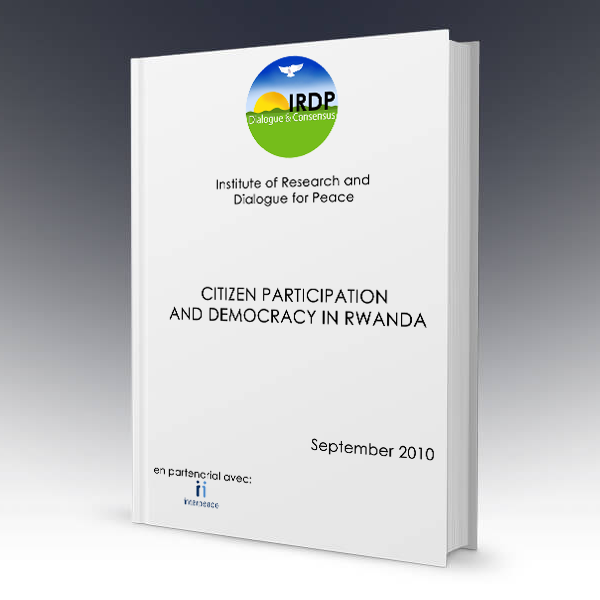INTRODUCTION
Participation and democracy are closely related concepts. Democracy as a concept has been used to emphasize citizens‟ participation in choosing their representatives. In light of political evolution and economic development, democracy implies citizens‟ participation in choosing their representatives, in the design, implementation and evaluation of programmes and policies.
In theory, the local population, who vote play a key role in the decision-making process in matters related to citizens‟ welfare. Voters appoint and dismiss their representatives through the ballot, depending on the promises and/or performance of the elected. Citizens express their decision through a free and fair vote. The votes have the same value for all political organizations who subscribe to the principle of one man one vote. The political bond which unites all citizens considered as equal is the basis for the democracy concept, a contract advocated by Jean Jacques Rousseau. Democratic societies usually ensure that citizens participate equally and play a key role in deciding the future of their country.
Since the 1980s, donors adopted participation as a prerequisite for supporting developing countries. This approach has its consequences. Most developing countries did not trust the idea of tying financial support to participation and putting in place preconditions, which distort the idea behind the principle of participation.


There are no reviews yet.